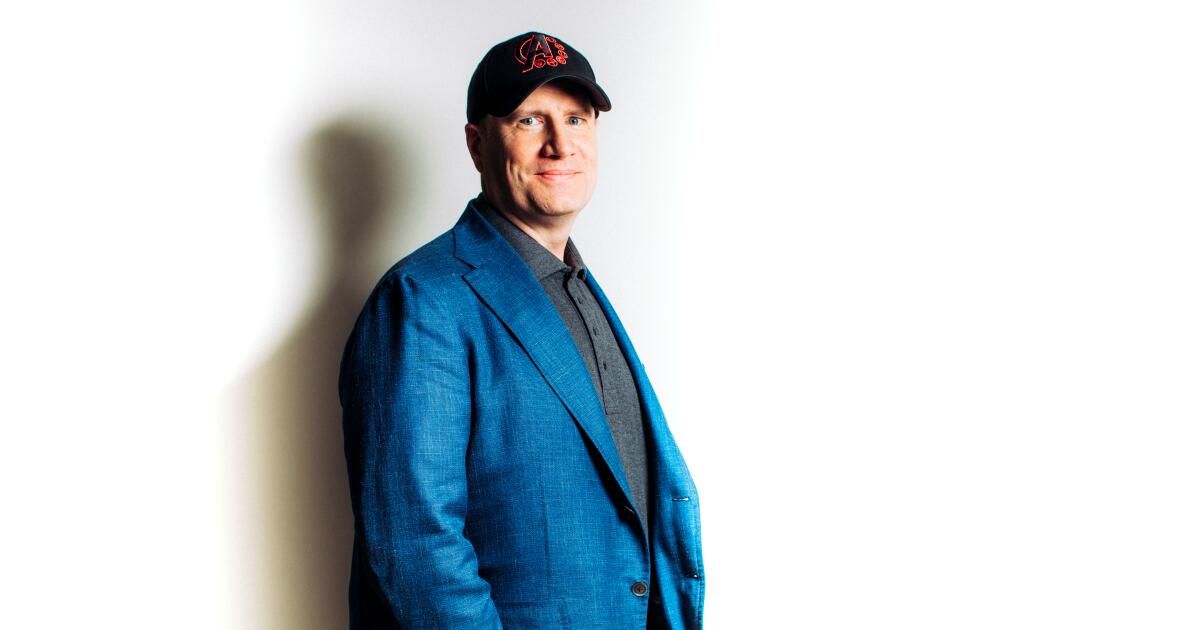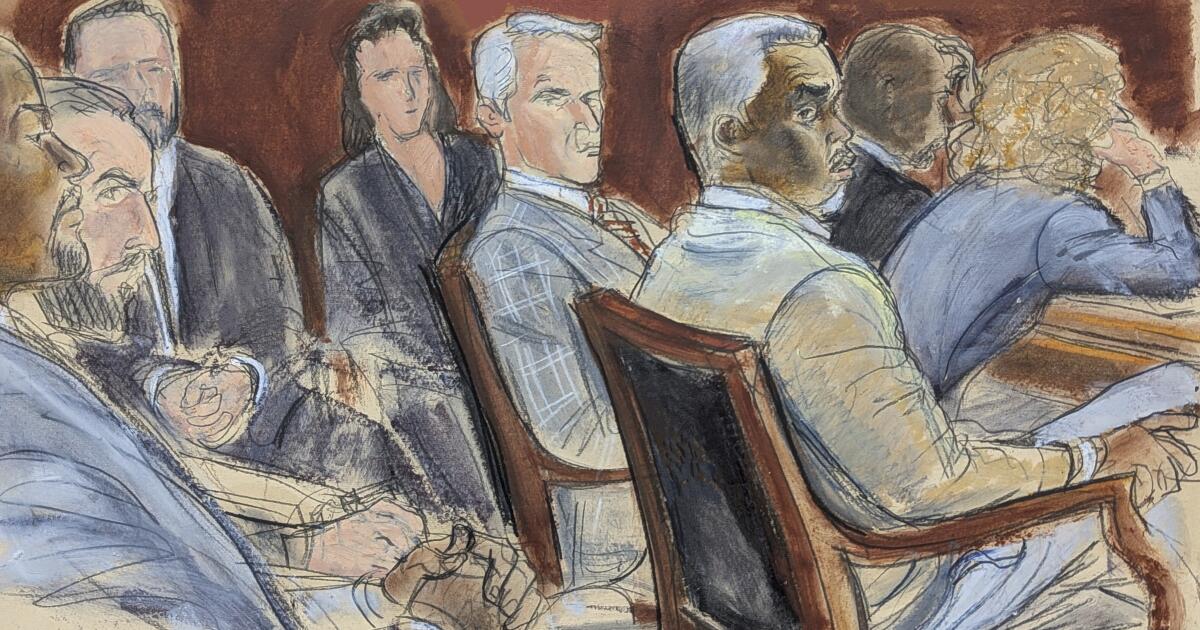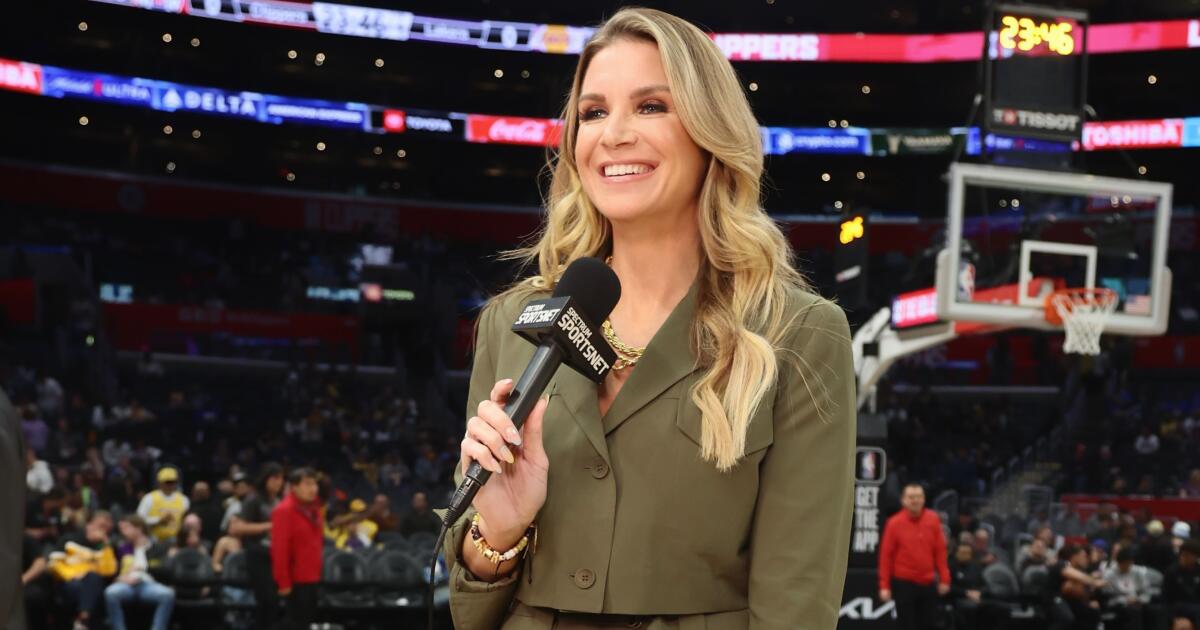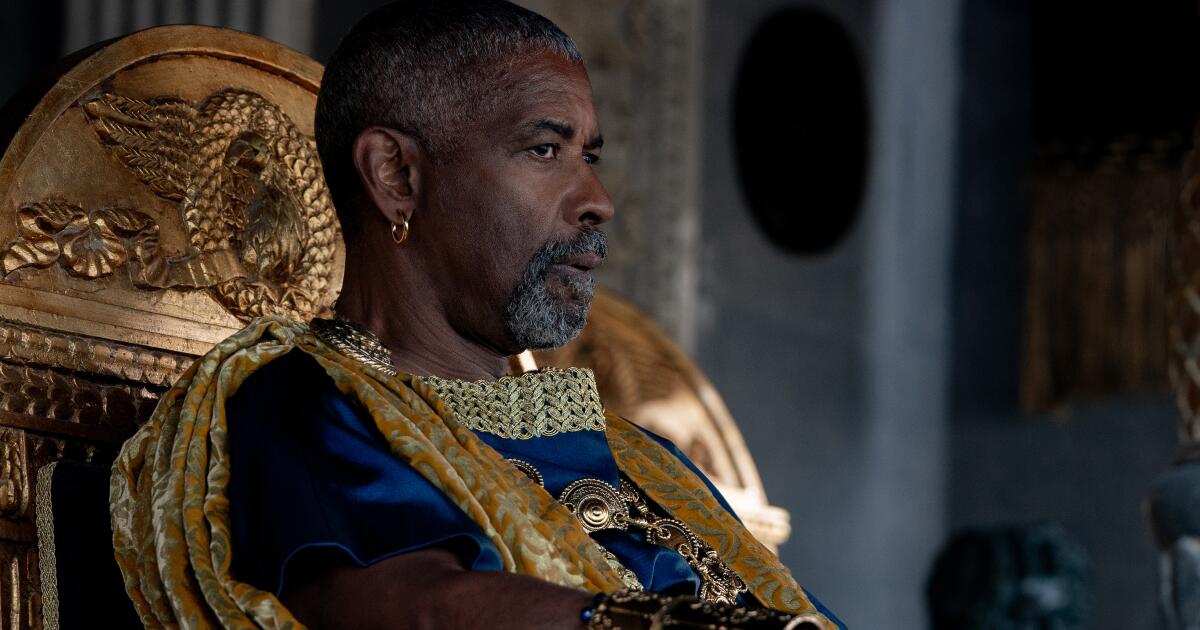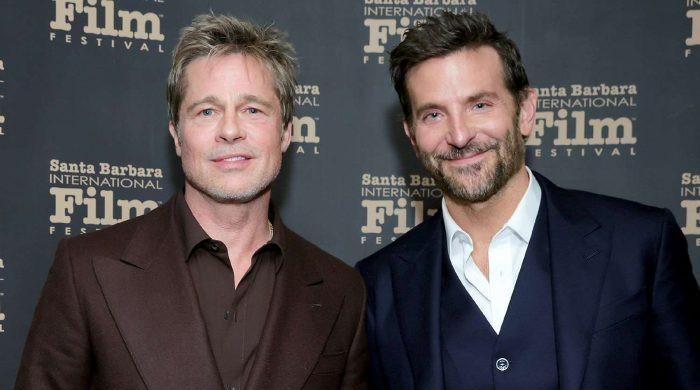Is Kevin Feige good for the film industry? It depends on who you ask.
What's not up for debate is that, as head of Marvel Studios and the creative mastermind behind the interconnected Marvel Cinematic Universe, Feige has been instrumental in transforming Hollywood storytelling.
Feige is the highest-grossing film producer of all time, with his films soon to surpass $30 billion, and he currently has four of the 10 highest-grossing films in history, not adjusted for inflation. He was nominated for an Oscar for best picture for “Black Panther.”
Discover the changemakers shaping every cultural corner of Los Angeles. This week we bring you The Creators, who are leaving their mark on film, art, music and more. Come back every Sunday for another delivery.
Marvel's campaign for global cultural domination had largely followed an unbroken upward trajectory until 2023, with one apparent mishap after another. “Ant-Man and the Wasp: Quantumania” was seen as a disappointment by critics and fans earlier in the year and “The Marvels” had the lowest opening weekend box office since the launch of the MCU. Marvel then fired Jonathan Majors, cast as a central figure in the ongoing stories, after the actor was found guilty of assault and harassment charges.
Starting with 2008's “Iron Man,” a carefully cultivated fandom turned Marvel into a seemingly unstoppable success machine. However, many recent film efforts have been deemed to have underperformed both creatively and at the box office relative to their huge budgets, while Marvel's mandate to produce shows for Disney+ has received mixed responses.
Through it all, Feige, 51, has remained unflappable, always displaying the casual, friendly air one might expect from someone rarely seen in public without a cap, a film fan made good.
“He's just a good guy who was a nerd.”
— 'Marvels' director Nia DaCosta, referring to what other directors had told her about Kevin Feige
As the public face of Marvel, Feige, rightly or wrongly, has also become a frequent target of ire from those concerned about Hollywood's relentless pursuit of franchise-centric, intellectual property-based cinema.
In a September interview with Vanity Fair, Nia DaCosta, director of “The Marvels,” described reaching out to previous Marvel directors to ask them about their experiences. In her mind were the questions: “Are they going to kill me and destroy my soul? Is Kevin Feige a bad man? And they said, 'No, he's just a nice guy who was a nerd.'”
While giving a commencement speech at USC in May of last year, Feige recalled that he had to apply six times to be accepted into the film school there. While it may be hard to remember the time before Marvel took over Hollywood, Feige explained the creative mindset that helped put it on top and why, even in the face of recent troubles, it still shouldn't be written off.
“But do you know what you have to lose when you're the underdog? Nothing. I really enjoy that underdog spirit,” Feige said. “He has been ingrained in me since our early days as a studio. …We never forget where we come from. Push [us]“Keep challenging ourselves and trying new things, working with new filmmakers and trying new types of stories.”

